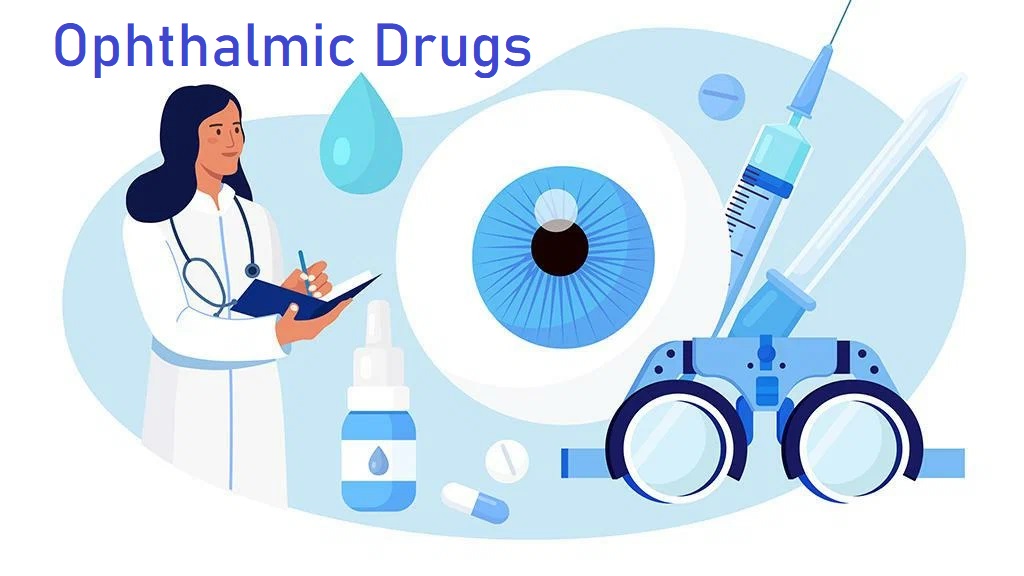Addiction counseling has evolved over the years, recognizing the complex interplay between substance abuse and underlying trauma. Traditional approaches often focused solely on eliminating addictive behaviors, ignoring the root causes that led individuals down the path of addiction. However, a trauma-informed lens is transforming the way we understand and address addiction, shifting the focus from shame and blame to empowerment and healing. In this article, we will explore how Addiction counseling, particularly with the help of Online counselor, can foster personal growth and recovery by reframing addiction through a trauma-informed perspective.
Understanding Addiction Through Trauma
Addiction is frequently rooted in trauma, be it physical, emotional, or psychological. Traumatic experiences can leave deep emotional scars, leading individuals to seek relief through substance abuse. By addressing both addiction and trauma simultaneously, addiction counselors can help individuals establish a stronger foundation for long-term recovery.
Online Counselors: Accessible Support
In today’s digital age, online counseling has emerged as a convenient and effective way to seek addiction support. Conducted through secure video platforms or messaging services, online counselors provide a safe and confidential space for individuals to discuss their addiction and trauma.
The Power of a Trauma-Informed Approach
A trauma-informed approach recognizes that addiction is not a moral failing but rather a coping mechanism rooted in pain and distress. By reframing addiction through this lens, individuals can gain a deeper understanding of their experiences and begin to heal. Here are some key aspects of a trauma-informed approach in addiction counseling:
-
Safety and Trust: Creating a safe and therapeutic environment is crucial in helping individuals feel comfortable and secure. Establishing trust between the counselor and the client is essential to facilitate open and honest communication.
-
Empathy and Validation: Addiction counselors with a trauma-informed approach display empathy and validate the experiences of their clients. By fostering a non-judgmental and compassionate space, individuals can share their stories without fear of shame or criticism.
-
Education and Psychoeducation: Building knowledge and awareness about the impact of trauma on addiction is vital. Counselors provide psychoeducation on the connection between trauma and substance abuse, helping clients understand the underlying factors contributing to their addiction.
-
Holistic Treatment: A trauma-informed approach recognizes the multidimensional nature of addiction. Counselors explore various treatment modalities, including individual therapy, group support, holistic practices, and medication-assisted treatment, tailored to meet the unique needs of each individual.
Breaking Free from Shame
Addiction is frequently accompanied by shame, which makes recovery difficult and feeds a vicious cycle of self-destructive behavior. By reframing addiction through a trauma-informed lens, individuals can shed the weight of shame and embrace empowerment. Here’s how a trauma-informed approach aids in this process:
-
Understanding the Root Cause: Acknowledging and exploring the underlying trauma that led to addiction allows individuals to shift their perspective and release self-blame. This understanding helps them recognize that addiction serves as a survival mechanism in response to their pain.
-
Reclaiming Personal Agency: A trauma-informed approach empowers individuals to reclaim their personal agency, allowing them to make informed choices and take control of their recovery journey. This shift from victimhood to empowerment is essential in breaking free from the shackles of addiction.
-
Building Resilience: By integrating trauma-informed practices, individuals develop resilience and coping skills to navigate the challenges of recovery. They learn to identify triggers, manage emotions, and build a strong support system that contributes to their overall well-being.
Conclusion
Addiction can be a deeply painful and complex struggle, often rooted in trauma. By reframing addiction through a trauma-informed lens, addiction counseling can provide individuals with the tools, support, and empowerment necessary for transformative healing. Online counselors offer a convenient and accessible platform for individuals seeking addiction counseling. Through safety, empathy, education, and holistic treatment, individuals can break free from shame, embrace personal growth, and embark on a path to lasting recovery. Let us join hands and support those impacted by addiction as we work towards a brighter and more compassionate future.




